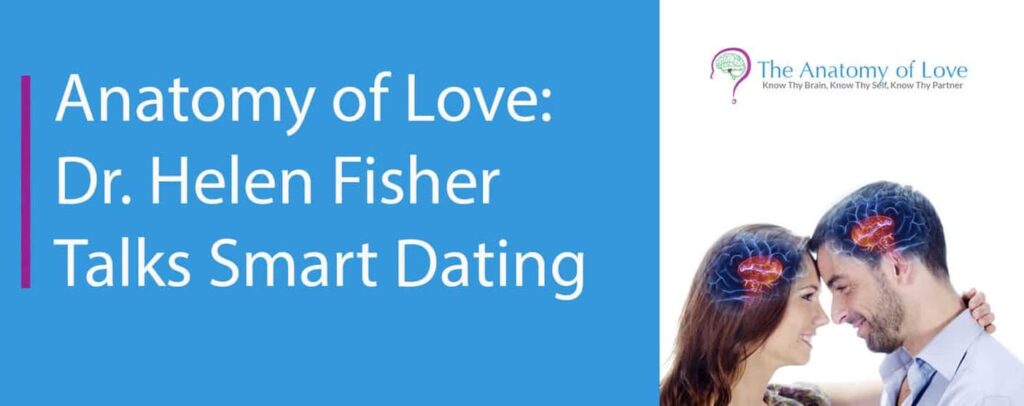Bloomberg.com
February 7, 2023
By Arianne Cohen
5 minutes with…
Biological anthropologist Helen Fisher. She’s the chief science adviser to Match.com and has spent the last two decades using neuroscience to help people choose optimal romantic partners. Now she’s applying her Fisher Temperament Inventory to the business world. She says that by identifying the personalities of coworkers and clients, you can adapt how you interact with them to boost success. I asked her to explain how it works. (Her answers have been edited and condensed.)
What don’t people understand about personality and the workplace? We talk about cultural diversity and ethnic diversity, but we’ve missed diversity of the mind — the basic styles of thinking and behaving. I’ve found four broad styles based on the brain systems of dopamine, serotonin, testosterone and estrogen, each linked to a constellation of personality traits. When you understand them, you can climb into people’s heads and reach them.
What mistake do people make in relating to coworkers and clients? They follow the Golden Rule, “do unto others as you would do unto yourself.” I don’t believe in it. Figure out who your coworkers and clients are, and then tell them your content and data in a way that they can hear it, understand it and use it.
Can you give an example? Traits linked with the dopamine system are novelty seeking, curiosity and high creativity. They’re explorers: independent, self-reliant, energetic, impulsive and mentally flexible. In the office, their outstanding trait is idea generation.
How can one work best with them? They’re going to have a good eye for opportunities, a good sense of timing, and will end up being the troubleshooters. One of the problems with most personality tests is they tell you who people are, but it’s really important to know who people aren’t. Don’t smother explorers in details and don’t require rigid schedules. They find rules and regulations constraining. Give them varieties and possibilities, be spontaneous, be creative and speculate with them.
What are the other three types? The high serotonin people are the opposite: I call them builders. They enjoy the familiar, they respect social norms and authority, and are detail-oriented. They’re calm, controlled and modest, and a major feature is numeric and figural creativity. They might not invent it, but they’ll develop it and bring it to market. With them you don’t speculate or exaggerate or be unorganized. Discuss concrete topics, be orderly and calm, stick to schedules and emphasize the right way to do something. Know that they’ll resist change.
What are the other two? The high-testosterone type is direct, decisive, tough-minded, logical and good at rule-based systems like math and engineering. And they’re fair. They’ll take command, do strategic planning and they’ll invent. With them, you get right to the point. Give the big picture first and then the details. They’re very comfortable with disagreement and debate.
And tell me about the estrogen system. I call them negotiators. They’re empathetic, holistic long-term thinkers who can see many ways of doing something. They’re very good at reading office social cues, resolving conflicts, hiring, firing and teambuilding. With them I would emphasize moments of agreement and balance facts with feelings — it’s okay to reveal your feelings, but also give ancillary data. Don’t be competitive or confrontational.
Does everyone fall into one of the four? No. You’re not just in one bucket or another — but you’ve likely got more traits in some systems than others, which lends you to a certain style of thinking and behaving.
Read the Article at Bloomberg.com (opens in new window)




